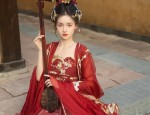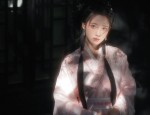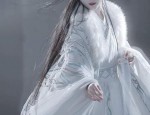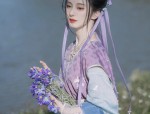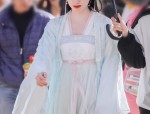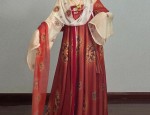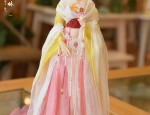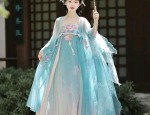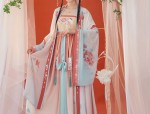Scholar-Scholars in Hanfu,the Splendid Silk Robes of the Imperial Guards
In the dawn of China's historical tapestry, a unique figure emerged in the midst of cultural and political power: the scholar-scholars of the Hanfu era, dressed in the splendid silk robes of the Imperial Guards, known as the Jinxiwei. These men were not just guardians of the Emperor's will, but also bearers of cultural wisdom and exquisite knowledge of traditional Chinese culture.
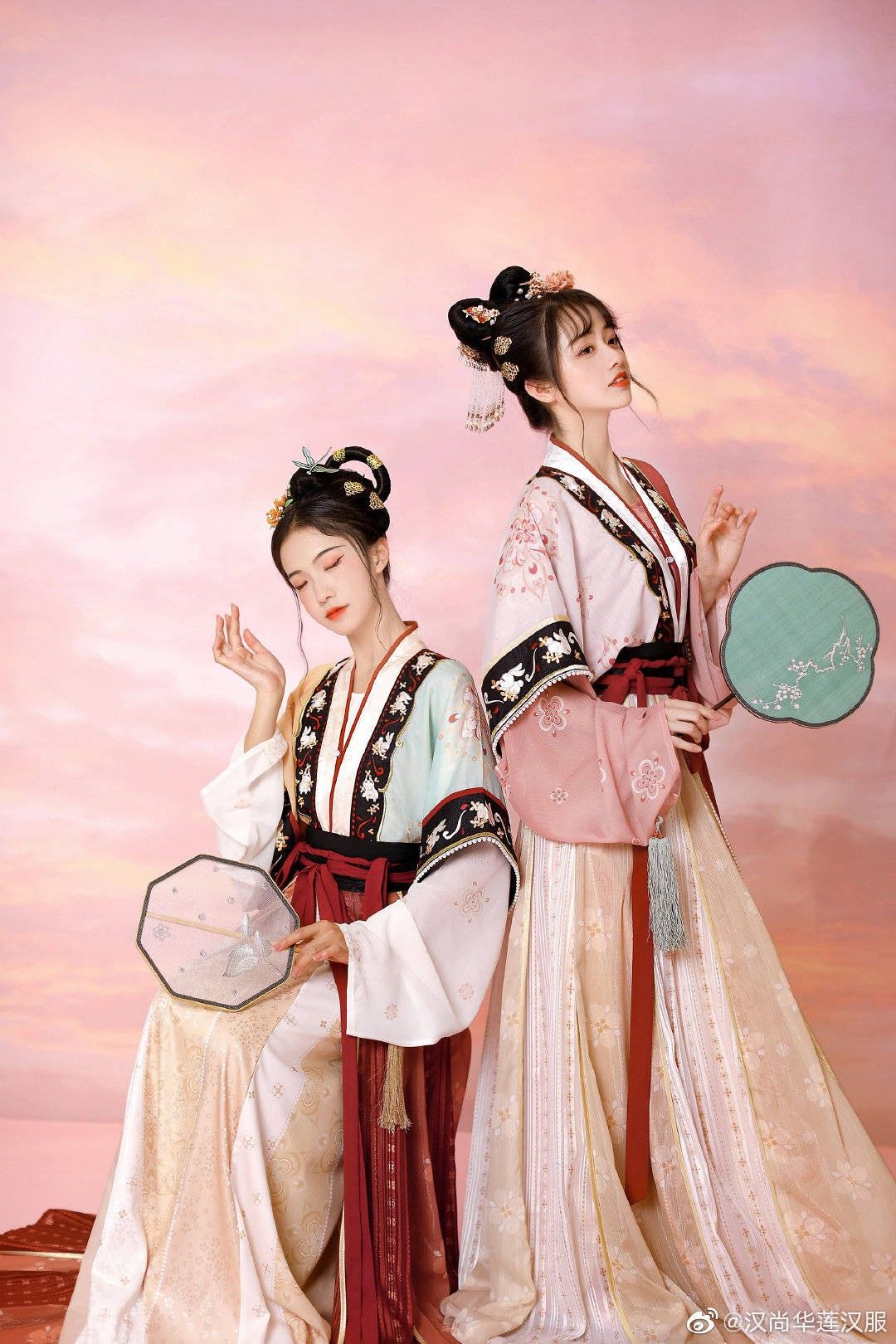
The Hanfu, a traditional Chinese clothing style, was an embodiment of cultural and historical pride. It was a symbol of societal status and personal dignity, often adorned with intricate patterns and vibrant colors. The scholar-scholars, dressed in their Hanfu robes, exhibited a blend of elegance and wisdom, making them stand out in the crowd.
The Jinxiwei, a special branch of the Imperial Guards in Ming Dynasty China, was known for its impeccable martial arts skills and high level of cultural education. These guards were not just warriors, but also scholars and experts in various fields. Their knowledge of history, literature, philosophy, and martial arts made them unique among their peers.
The scholar-scholars of this era were highly respected individuals. They possessed a deep understanding of traditional Chinese values and ethics, which they upheld through their actions and words. Their knowledge was vast, spanning from the classics of ancient China to the latest developments in literature and art. They were not just guardians of knowledge, but also transmitters of cultural values to future generations.
Their Hanfu robes, with their intricate designs and vibrant colors, were not just a symbol of their status, but also a representation of their deep-rooted cultural identity. The colors and patterns of the robes often reflected their rank and position within the Empire. The intricate details and designs were often a reflection of their personal taste and style.
The scholar-scholars, dressed in their Hanfu robes and armed with their knowledge, were the epitome of cultural and political power in their era. They were not just guardians of the Emperor's will, but also protectors of traditional Chinese culture. Their knowledge and wisdom were passed down through generations, ensuring that the rich cultural heritage of China was not lost.
Their influence extended beyond the boundaries of the Empire, as they traveled far and wide, sharing their knowledge and wisdom with others. Their influence in culture, art, philosophy, and martial arts made them a force to be reckoned with in their era.
In conclusion, the scholar-scholars of the Hanfu era, dressed in their splendid silk robes of the Imperial Guards, were not just guardians of knowledge and wisdom, but also bearers of a rich cultural heritage. Their influence in culture, art, philosophy, and martial arts made them a pivotal force in their era. Their knowledge and wisdom are still relevant today, serving as a reminder of a rich cultural past that continues to influence the present and future of China.

 Previous Post
Previous Post

